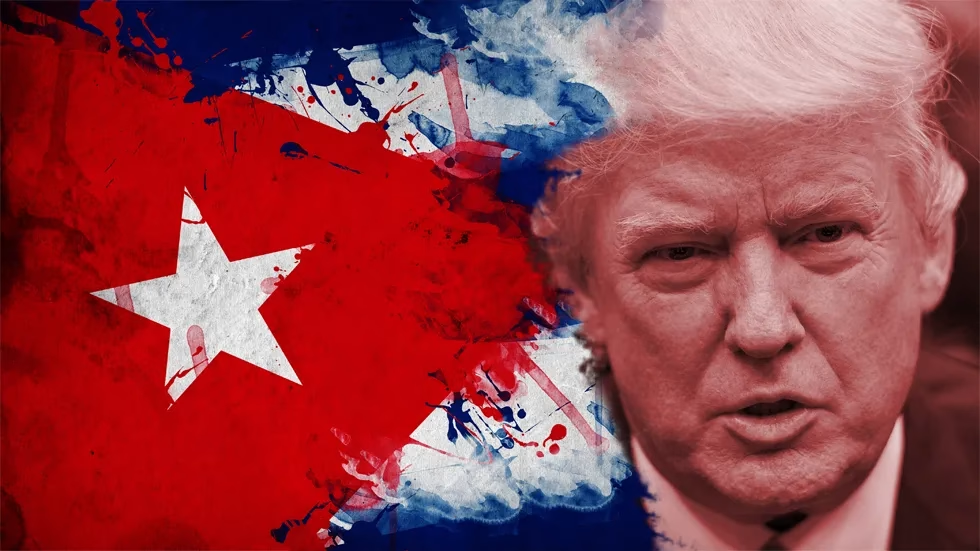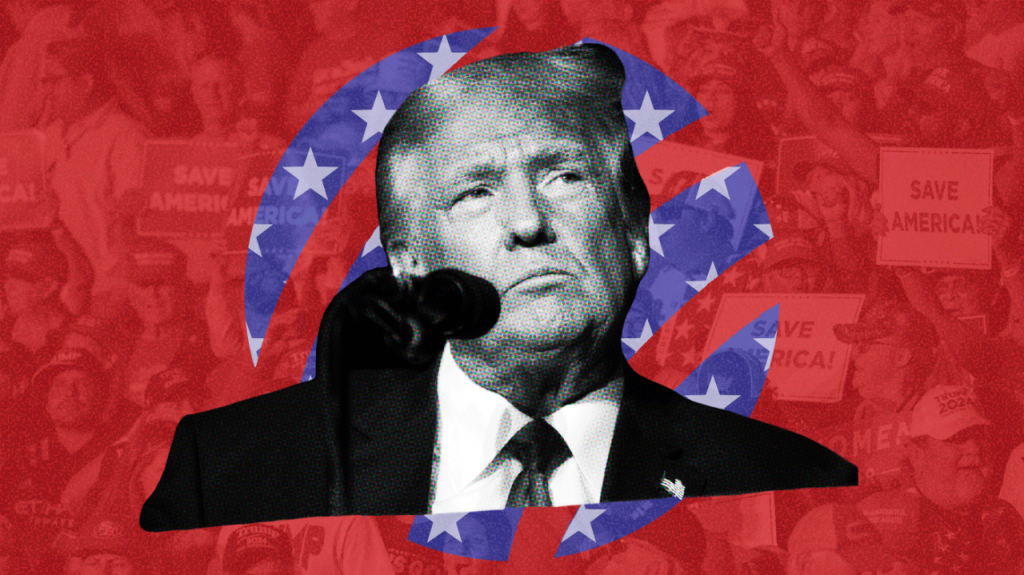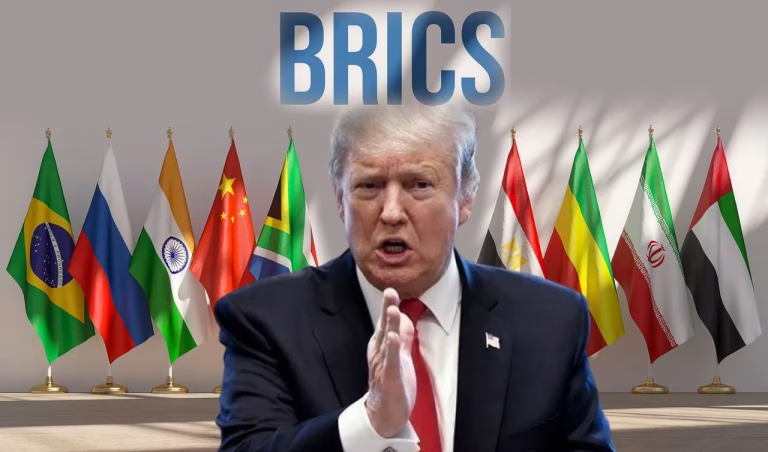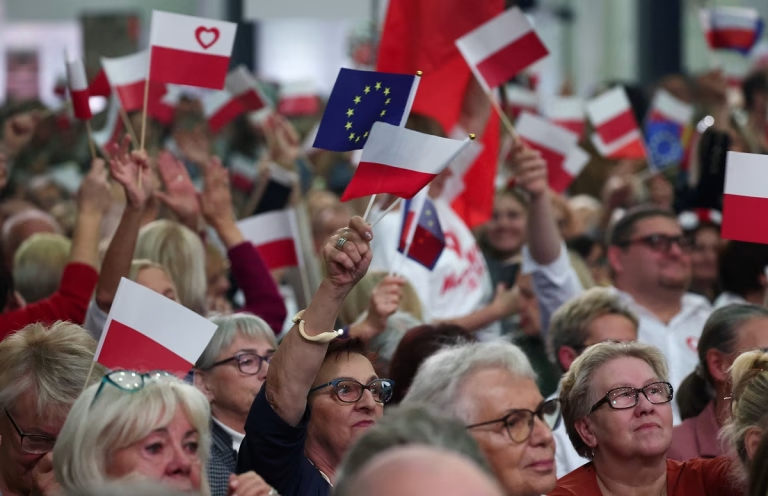
Trump vs. Cuba: A New Blow to the “Island of Freedom”
U.S. President Donald Trump has signed a memorandum prohibiting American citizens from traveling to Cuba for tourism. However, exceptions will be made for educational or humanitarian visits. According to a White House press release, in addition to the legal ban on tourism, a series of economic, trade, and financial blockades are being imposed against the Caribbean country.
Trump’s policy continues his first-term approach toward Cuba, rolling back the concessions made during Biden’s administration—a point explicitly stated by the White House. One of Trump’s first actions after taking office in January was to harshly criticize Cuba and reverse the last-minute decision by the Biden administration to remove the country from the U.S. list of state sponsors of terrorism. He also partially restricted entry for individuals from Cuba. Biden had previously revoked Trump’s 2017 executive order that limited financial transactions with certain Cuban military and government-affiliated organizations.
The new memorandum also prohibits any financial transactions conducted by the Cuban armed forces and their subsidiaries. Only those transactions aimed at “advancing U.S. policy” or “supporting the Cuban people” will be permitted. In the same vein, the U.S. government will conduct regular audits and enforce a mandatory five-year record-keeping requirement for all citizens involved in travel to Cuba. Summarizing the recent restrictions imposed on Cuba, the U.S. administration claimed that “the communist government in Cuba” has led to its population suffering “for an extended period, oppressed in their aspirations for freedom and prosperity.” This move by Donald Trump aligns with his early campaign promises, in which he stated that he would “once again stand with Cuba on its path toward justice, freedom, and democracy.”
While the travel ban to Cuba is not new—having been in place for over 60 years—the enforcement mechanisms are undergoing significant changes. U.S. citizens traveling to Cuba must now maintain records of all travel-related transactions for at least five years, and these will be subject to regular audits. The 12 permitted categories of travel, including family visits, educational activities, humanitarian projects, and “support for the Cuban people,” technically remain in effect for now. The memorandum, officially titled NSPM-5, builds on measures taken by Trump during his first term and in recent months. Shortly after the start of his second term, Trump reinstated Cuba’s designation as a state sponsor of terrorism—a status that President Biden had revoked just days before leaving office. Trump’s decision to end temporary protected status for Cubans has also disappointed many Cuban-Americans.
Citing the new directive, the State Department imposed sanctions against Cuban President Miguel Díaz-Canel and two of his ministers to mark the fourth anniversary of the July 11, 2021, protests in Cuba during the pandemic. The sanctions involve permanently denying U.S. visas to Cuban leaders—a largely symbolic punishment. However, it’s not just Cuba that struggles to find logic in the U.S. president’s actions these days.

A thaw in U.S.-Cuba relations began during the normalization talks between Barack Obama and Raúl Castro in December 2014. Over two years of Obama’s policy, the U.S. and Cuba restored diplomatic relations and signed 22 bilateral cooperation agreements on issues of mutual interest. Educational and cultural exchanges, as well as tourism, benefited both countries. New economic ties were established, and families were reunited. Most importantly, the two governments began diplomatic discussions for the first time. U.S. allies worldwide, particularly in Latin America, welcomed Obama’s policy.
Yet, for entirely unclear reasons, Donald Trump—instead of productively addressing domestic issues (how else can America “become great again”?)—is literally sowing chaos across the planet. The Cold War ended long ago; the reason tensions persist in the world today lies in the policies of the U.S. and its allies, who seem stuck in the last century, completely oblivious to the Doomsday Clock.

